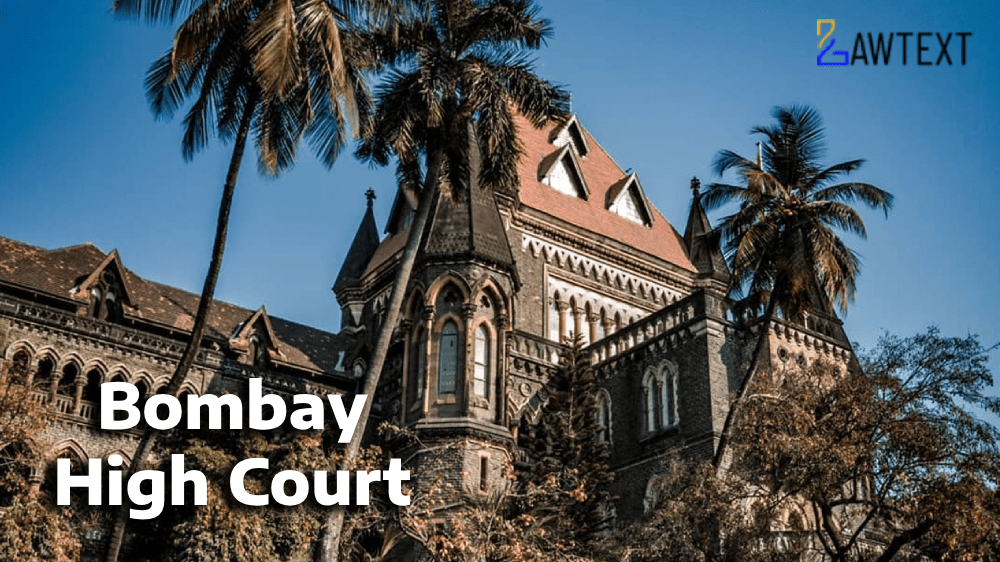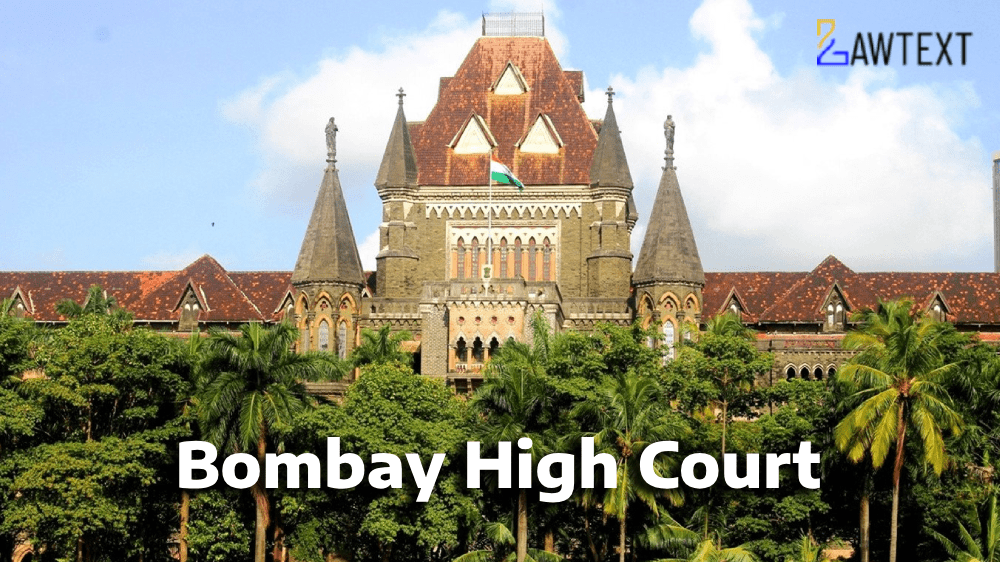Case Note & Summary
A contentious issue of compassionate appointment based on familial lineage, juxtaposed against government regulations and judicial precedents. The petitioner, seeking employment on compassionate grounds following the demise of a grandfather who was a government employee, faces opposition citing current employment status and legal interpretations. The court's decision underscores the strict scrutiny of compassionate appointment criteria, emphasizing economic dependence and constitutional principles. The ruling clarifies the boundaries of such appointments amidst evolving legal frameworks, highlighting the delicate balance between familial claims and broader public policy considerations.
Issue of Consideration: Shaikh Karim Shaikh Haroon Versus The State of Maharashtra Ors.
Premium Content
The Issue of Consideration is only available to subscribed members.
Subscribe Now to access critical case issues





